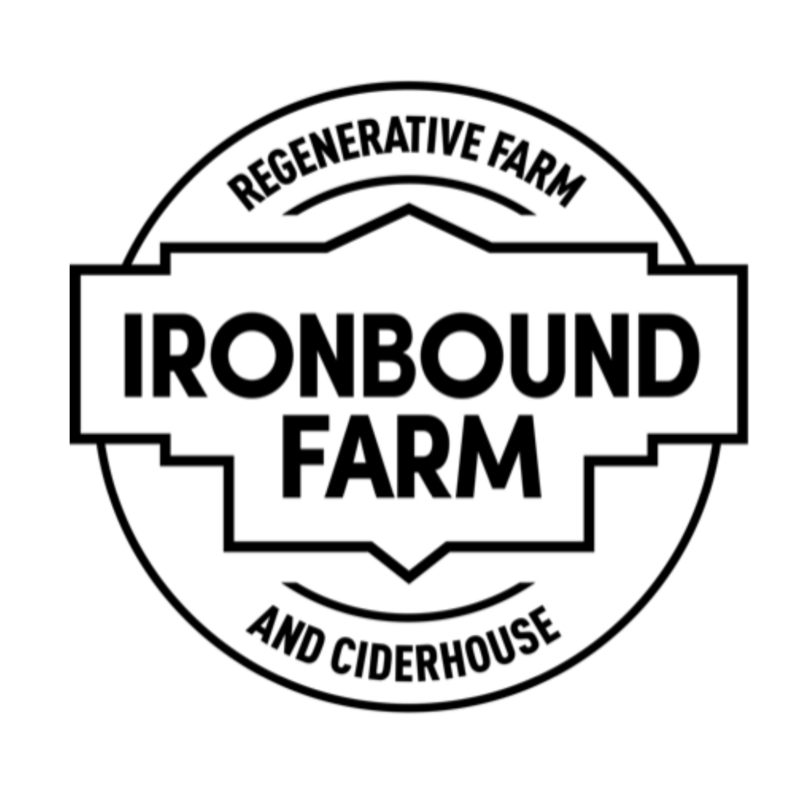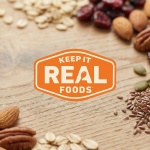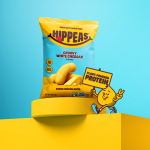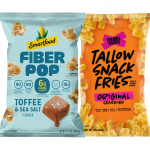TreeHouse Foods: ‘Mixed’ Q3 Results As Consumer Market Softens
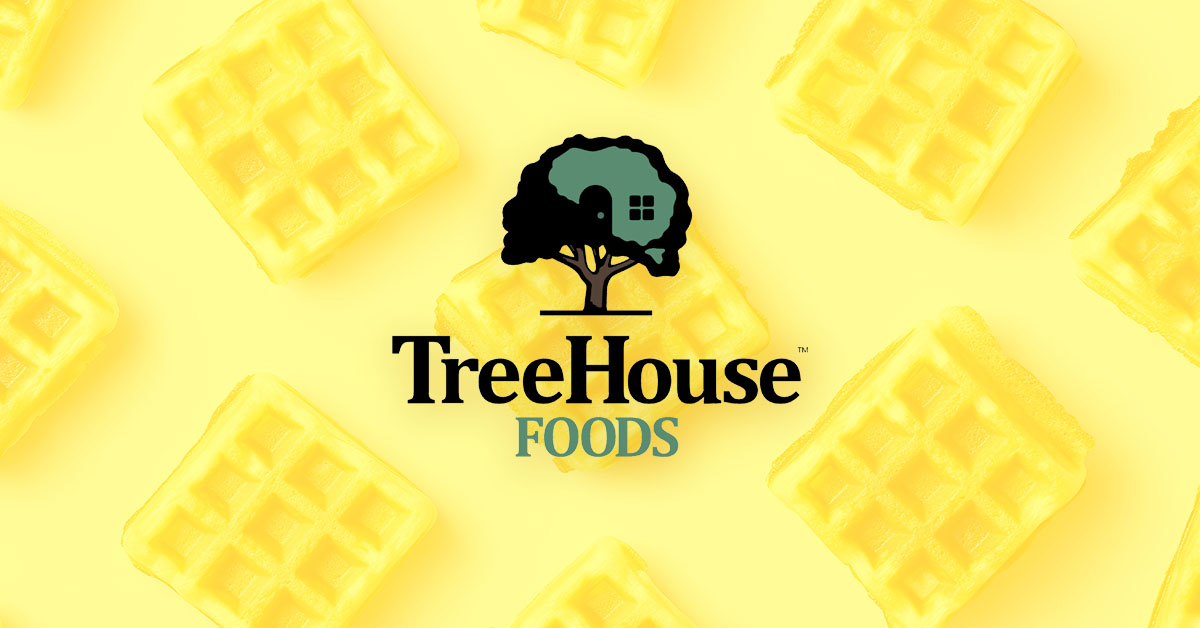
TreeHouse Foods posted a net sales decline of 2.8% to $839.1 million and pared down its full-year 2024 forecast as the manufacturer attempts to recapture the opportunity in private-label.
The company is dealing with a “tough operating environment,” said CEO Steve Oakland on its Q3 2024 earnings call this morning: “While private brand unit sales were positive in the quarter, we did see a significant deceleration as the quarter progressed.”
Gross profit was $131.2 million versus $725.8 million in Q3 2023. Despite the sales decline, adjusted EBITDA was $102.5 million, compared to $89.9 million in the same period last year.
At the top of the call, Oakland outlined the impact of the company’s temporary closure of its Brantford, Ontario, facility in October after a potential listeria outbreak was detected in its waffle and pancake products manufactured at the plant; the facility is expected to resume operations in Q1 2025.
The voluntary recall, which was expanded to include all frozen toaster waffle, Belgian waffle and pancake products, corresponded with shipping delays caused by the impact of Hurricane Helene on the company’s North Carolina distribution center in the final days of the quarter. The company estimated a $5 million-to-$10 million impact as a result of that weather event.
Investors on the call asked repeatedly about how TreeHouse can seize on the expansion of private-label products by various retailers. Oakland cited data that points to a “steep downward trend” in traditional grocers’ private-label sales from August through October. Companies such as Mondelez have highlighted that price gaps in specific categories, such as snacks, have begun to narrow and push some consumers back to branded items.
“This slowdown was a result of continued pressure on the consumer that impacted the broader market,” Oakland said. “This trend persisted through October, and we assume it’s likely to continue in the near term. With that said, overall, private brand industry dynamics remain favorable when compared to historic levels. Specifically, price gaps are healthy and private brands continue to take share, but given the lower consumption environment, the share gains are coming from a smaller pie.”
The pullback on private-label primarily took place within the mass channel, which last quarter was posting strong gains in the segment, according to Oakland. Promotional cycles may also be playing a role in this shifting dynamic, he said, but noted that promotional activity is still well below pre-pandemic levels.
Despite the shift, Oakland believes new business wins during Q4, coupled with the strength of its broth business, will offset the impact of the recall and near-term softness in consumption trends. He expects volumes to drive Q4 net sales with a “modest” bump from pricing.
As a result, the company has trimmed its full-year forecast with net sales between $3.37 billion to $3.4 billion, representing about 1%-to-2% decrease year-over-year. Adjusted EBITDA is now expected to be between $335 million and $345 million.
“We will focus on our supply chain and management initiative to improve efficiency and optimize costs to drive year-over-year unit growth that is not dependent on top-line performance,” Oakland said.
TreeHouse is hoping it will better meet shareholders’ expectations by tempering its sales targets. However, it emphasized that private label is still growing market share, reaching nearly 23% of CPG industry dollar share in 2024 compared to about 21% in 2021, per data provided to TreeHouse.
The manufacturer is eyeing categories such as pretzel snacks, cookies and hot beverages for growth in the fourth quarter and into 2025. It also sees opportunities to meet the private label needs of large retail partners, which are making their own strategic investments and introducing new private brands.
But overall, TreeHouse’s Q3 earnings were “disappointing,” according to analysts at William Blair; the investment bank remains optimistic that there are ways to improve the business’ results by capitalizing on its portfolio, scale and operating capabilities.
“It’s a big change from what we saw at the beginning of the first six months of the year when we were at the top end of our guidance range from a sales standpoint,” Oakland said during Q&A. “We just have to plan for something different, and we can’t continue to disappoint you on the top line.”








